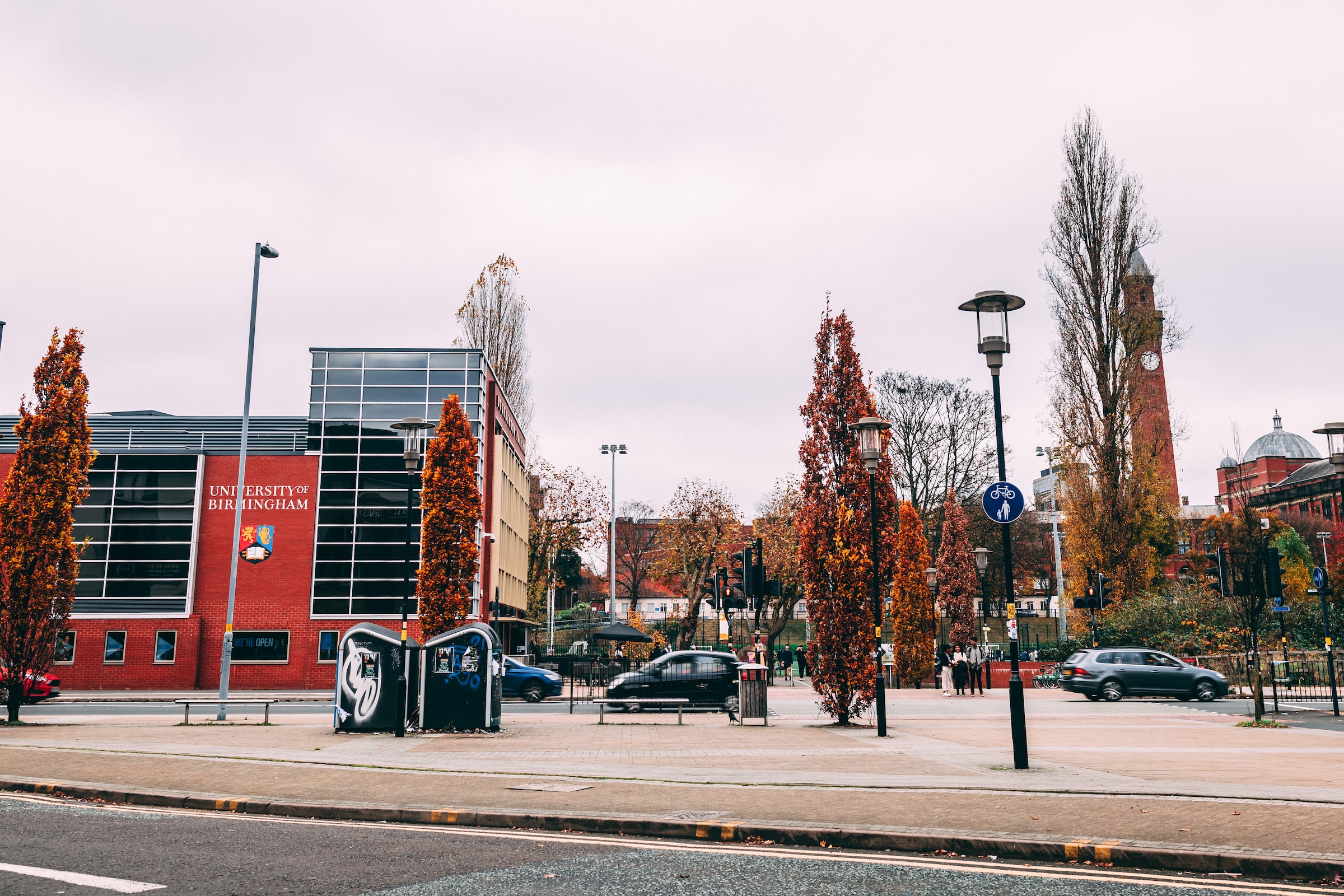
Digital Editor Tamzin Meyer explores how the Ukranian army’s female dress code exposes the ongoing fight for workplace equality for women.
When I first heard that female soldiers in Ukraine were being forced to march in heels I could not believe it. This misogynistic news disgusted me and made me worried that steps were being taken back, rather than forward, in the march for equality. It is the 21st century, female soldiers have been fighting to be accepted as equal to their male peers for so long and this feels like a backtrack. It is the 21st century, female soldiers have been fighting to be accepted as equal to their male peers for so long and this feels like a backtrack.
To begin, marching in heels must be impractical and uncomfortable for these women who respectively fight for their country. How are they expected to do their job to a high standard when they are wearing such uncomfortable footwear? I for one, cannot even walk in heels on a night out so I can only imagine how hard it must be to march in them.
Asides from the impracticality of such footwear, this news alludes to a much deeper debate regarding the treatment of women in the workplace. I think that by forcing these women to wear heels, the military is sexualising and objectifying them. How are women expected to be taken seriously when they are being forced to stand out, ready to be gazed upon by males? There’s no hope for the rest of us if women in such high positions of power are being made to dress for the attention of men. If women who are risking their lives for the service of their country cannot be respected by the authorities then it does not take you long to understand how unfair the treatment of civilian women in the workplace could be. As Inna Sovsun from the Golos party points out, ‘it is hard to imagine a more idiotic, harmful idea.’
The sad truth of the matter is that situations like this are more common than we think. Actress and feminist activist Nicola Thorp spoke out after she was fired from her job as a receptionist for refusing to wear high heels which were a compulsory part of the dress code. She campaigned for the UK law to change as she became accustomed to experiencing objectifying embarrassment, stating that on a number of occasions bosses made her feel like she ‘needed to look more attractive in order to do [her] job.’ I find the stereotypical view of women held by some people in power terrifying; these are the people who are supposed to set an example for others around them. Women may be discouraged from applying to high authority jobs if they feel like they will be objectified.
There are so many issues when it comes to the equality of men and women in the workplace. Men in high positions of power are often taken more seriously in comparison to women working the same role. Whilst we are slowly progressing in terms of the gender pay gap, there is still such a long way to go. This will not be the first story surrounding sexism in the workplace, nor will it be the last. For years on end, we have heard stories about sexist dress codes in which women have to wear full faces of make-up or even unbutton their shirts. It is really embarrassing that even in 2021 women are expected to look ‘pretty’ for men; I think the wearing of heels merely appeals to the male gaze. It is really embarrassing that even in 2021 women are still expected to look ‘pretty’ for men, I think the wearing of heels merely appeals to the male gaze.
This disgusts me. As a university student who has spent years in education working towards my dream career, it sends shivers down my spine that my appearance could override my hard work or dedication to my future job. Of course, we should all take pride in our appearance at work, but when women are forced to look like a piece of eye-candy for male customers and colleagues, there is a serious problem that needs addressing.
This is where the idea of pretty privilege comes into play. Pretty privilege is the idea that conventionally attractive women face advantages when it comes to being hired. Forbes recognised a trend in which ‘attractive people (were) generally perceived as being more sociable, healthy, successful, honest, and talented.’ The idea that a woman’s qualifications can be disregarded simply because she is not stereotypically attractive is repulsive. Women should be credited for their achievements and skill set rather than how good they look in red lipstick.
Luckily for us, the British military seems to adopt a different approach to gender equality. The Circle star and Royal Military Police officer, Natalya Platonova, praised the British Army for treating women equally to their male counterparts, stating that she – as a woman – has ‘all the same perks as males.’ Platonova proves that women are capable of doing the same, well-respected roles as men and recognises that she is lucky to be treated equally to them, a reality that many of her civilian friends do not face. I know we have a long way to go but the British Army is setting a fine example that the Ukrainian army should follow.
If you liked this, you may also enjoy:
Winning Batley and Spen Will Not Save Labour, But Bold Policy Might
An Epidemic of Ignorant Bliss: Endometriosis and its Lack of Understanding
One Hundred Years of the Chinese Communist Party: A Deep Dive

Comments